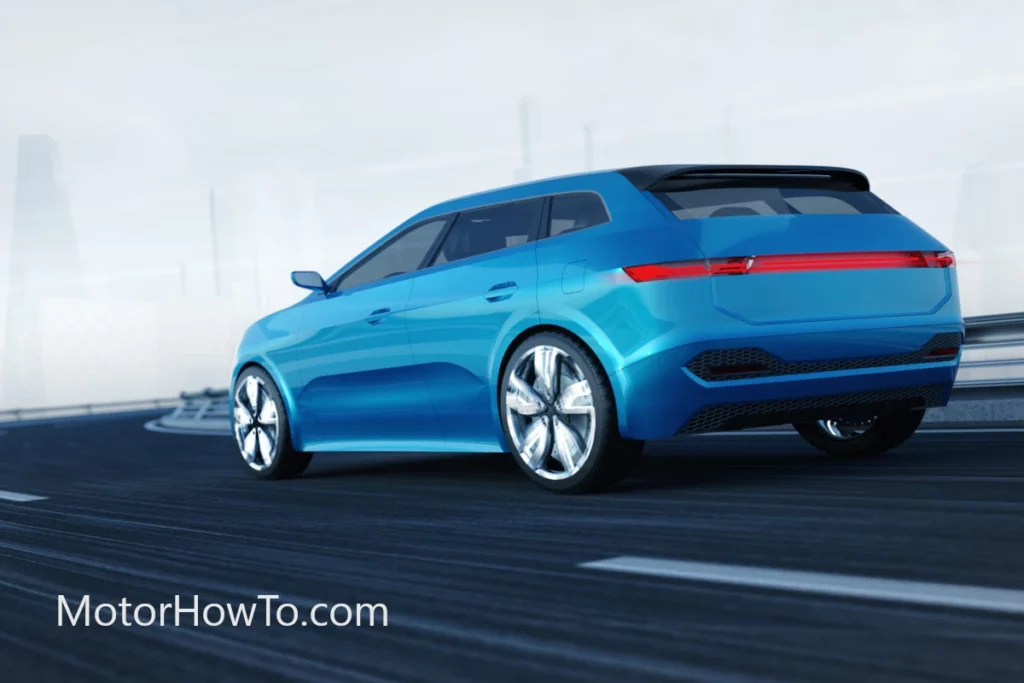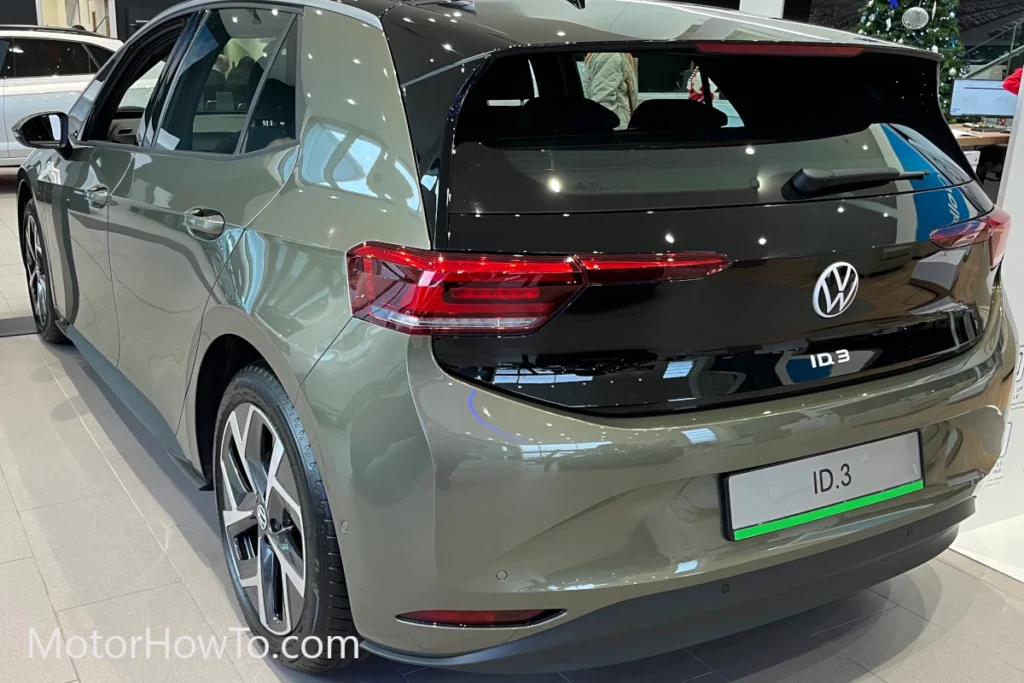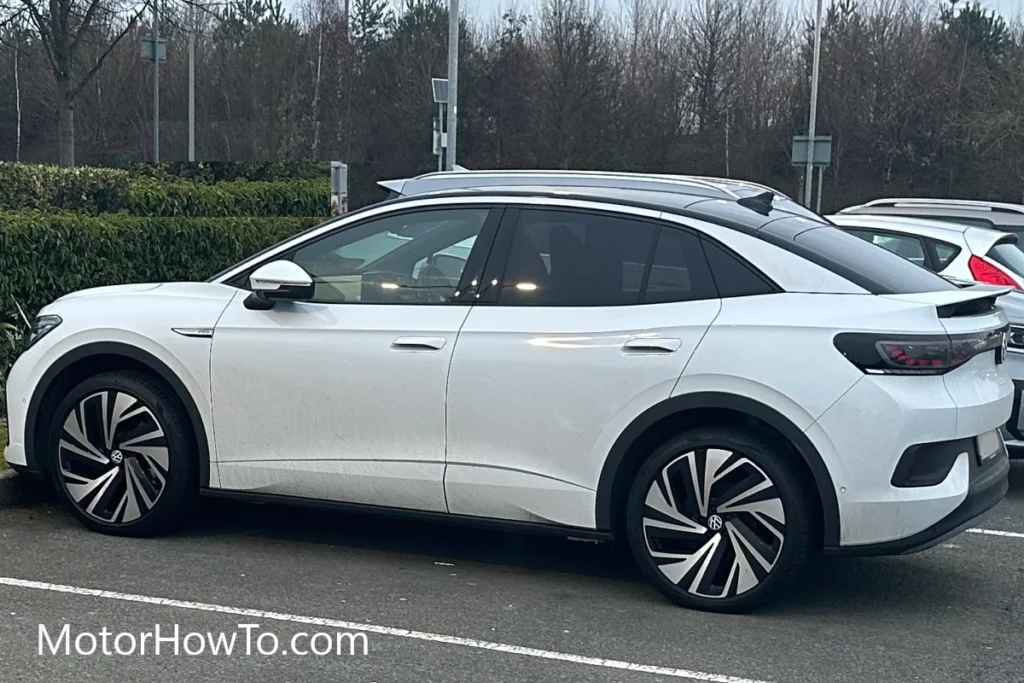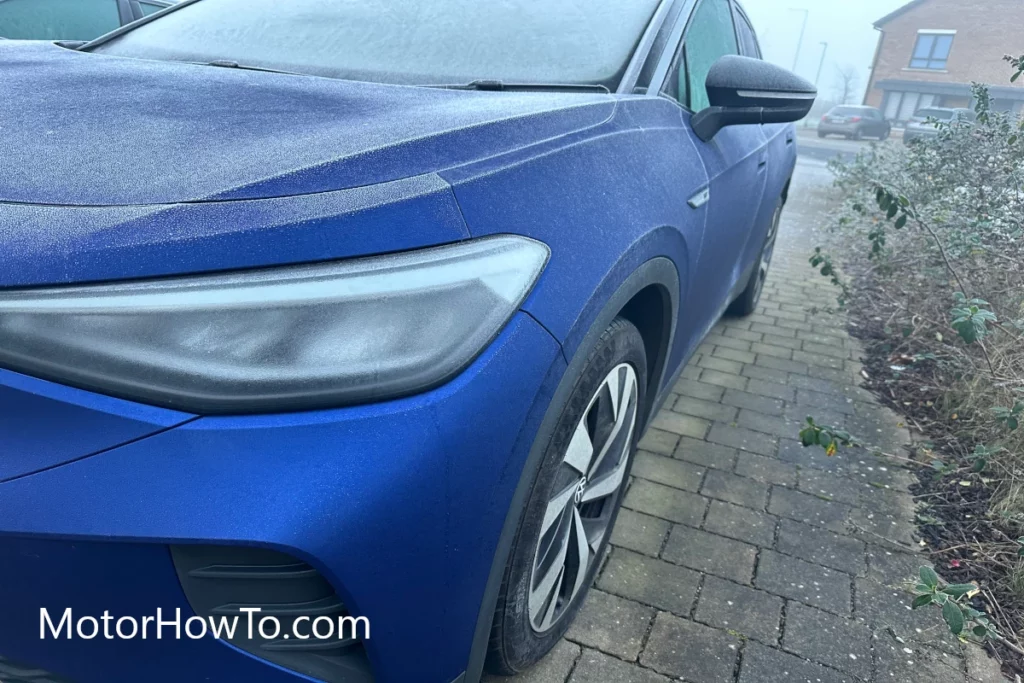Electric vehicles (EVs) are gaining popularity recently due to their eco-friendliness and cost savings.
Many potential buyers are intrigued by the driving experience of EVs.
It’s a common perception that electric motors offer a smoother and quieter ride than traditional gasoline engines.
In this article, we will explore the driving experience of electric cars and whether they are indeed smoother to drive.
Electric cars are typically smoother because they have no transmission or internal combustion engine, which can cause jerky acceleration or sudden speed changes. Electric motors provide a smoother and more consistent driving experience, as well as providing superior acceleration.

Electric cars use electric motors, unlike gas-powered cars that use internal combustion engines, making for a fundamentally different driving experience.
The lack of gears, vibrations, and noises associated with gasoline engines creates a much smoother and silent ride in EVs.
Additionally, electric cars can offer instant torque, which results in quicker acceleration.
The overall driving experience of an electric car is often described as “smooth and responsive” by many car enthusiasts and EV owners.
However, it’s not just the driving experience that sets electric cars apart; many other factors contribute to their growing popularity.
Related:
- Doesn’t Regenerative Braking Harm An EV Battery? (Answered)
- Why Does Regenerative Braking Sometimes Become Unavailable? (Solved)
- Does An Electric Motor In Electric Cars Wear Out? (Explained)
Electric Car Motors and Their Impact on Ride Quality
Electric cars use electric motors with no vibrations, which results in a different driving experience.
Electric motors provide instant torque and a smoother, quieter ride than gasoline engines.
The lack of gears, vibrations, and engine noise associated with internal combustion engines, as well as the ability of electric motors to deliver torque instantly, creates a more refined and responsive driving experience.
The use of regenerative braking further enhances the impact of electric motors on ride quality.
In electric cars, energy is captured during braking and reused to recharge the battery, providing additional power to the motor when needed.
This not only improves efficiency but also provides a unique driving experience, where the slowing of the vehicle feels more natural and controlled.
Read this great article on How To Turn Off Regenerative Braking?
The smooth and quiet operation of electric motors, combined with advanced suspension systems, results in a ride that is often described as “smooth and refined.”
Electric cars also offer a more direct connection between the driver and the road, due to the lack of mechanical parts and the immediate response of the electric motor.
As a result, the overall driving experience of electric cars is often considered more engaging and enjoyable than traditional gasoline-powered vehicles.
Battery Technology and Its Effect on Ride Quality
Battery technology plays a crucial role in the ride quality of electric cars. The performance and range of electric vehicles are directly linked to the capacity and efficiency of their batteries.
Advances in battery technology have resulted in electric cars with longer ranges and improved performance.
Additionally, battery management systems help to ensure that the batteries perform optimally, even in extreme conditions, providing a more consistent and reliable driving experience.
Battery technology also affects the weight distribution of electric cars, impacting ride quality.
Electric cars have a heavy battery pack located low in the vehicle, which provides a low center of gravity and improved handling.
The balanced weight distribution of electric cars, combined with their instant torque and smooth operation, results in a ride that is often described as “well-balanced and stable.”
Another aspect of battery technology that affects ride quality is charging times.
Fast-charging capabilities have improved greatly in recent years, allowing electric cars to be charged in hours instead of days.
This not only provides more convenience but also eliminates the range anxiety often associated with electric cars.
Quick and convenient charging options improve the overall driving experience, making electric cars more practical and accessible to a wider range of consumers.
Electric Car Maintenance and Its Impact on Ride Quality
Electric car maintenance has a direct impact on ride quality.
Unlike traditional gasoline engines, electric motors have fewer moving parts and are less prone to wear and tear.
This results in lower maintenance costs and a longer lifespan, making them more cost-effective and convenient.
The simplicity of electric car design also makes it easier to diagnose and fix any issues that may arise.
Advanced diagnostics systems in electric cars allow technicians to quickly and easily identify problems, reducing downtime and ensuring a smooth and reliable driving experience.
Finally, electric cars do not produce harmful emissions and do not require regular exhaust system maintenance, further reducing the cost and hassle of ownership.
This provides a more environmentally friendly driving experience and results in a cleaner and smoother ride, as there are no fumes or exhaust emissions to interfere with the driving experience.
Electric car maintenance provides cost savings and a more convenient ownership experience and contributes to a smoother and more reliable driving experience.
The Future of Electric Cars and Ride Quality
The future of electric cars and ride quality looks promising, with continuous advancements in technology and innovation.
Automakers are investing in developing more advanced electric motors, batteries, and charging systems, which will result in electric cars with improved performance, range, and efficiency.
Another area of focus for the future of electric cars is integrating autonomous driving technology.
The smooth and quiet operation of electric cars, combined with advanced sensor systems, will enable the development of autonomous vehicles with a smooth and comfortable ride. These advancements will provide electric car owners with a more refined and enjoyable driving experience.
This will bring new levels of convenience and safety to the driving experience and further enhance the overall ride quality of electric cars.
Finally, the increased adoption of electric cars will lead to the development of charging infrastructure and support systems, making it easier and more convenient to own and drive an electric car.
The availability of fast-charging networks and maintenance facilities will provide peace of mind for electric car owners and ensure a smooth and reliable driving experience for years to come.
The future of electric cars and ride quality looks bright, and we can expect continued advancements and improvements in the years to come.
Conclusion
The driving experience of electric vehicles (EVs) differs significantly from traditional gasoline-powered cars, offering a smoother and more refined ride.
This is largely due to the electric motors that power EVs, which provide instant torque and a lack of gears, vibrations, and engine noise.
The future of EVs looks promising, with continuous advancements in technology and innovation, including the integration of autonomous driving technology and increased charging infrastructure.
Additionally, battery technology and maintenance advances contribute to the smooth ride of EVs, as they provide longer ranges, improved performance, and lower maintenance costs.
All these factors make EVs a more convenient, cost-effective, and enjoyable option for car owners.
Sources
Electric Cars’ Secret Advantage: They’re Just Nicer To Drive
Ride comfort and handling in electric vehicles
Why Drive an Electric Vehicle?
A New Approach to Car Batteries Is About to Transform EVs



